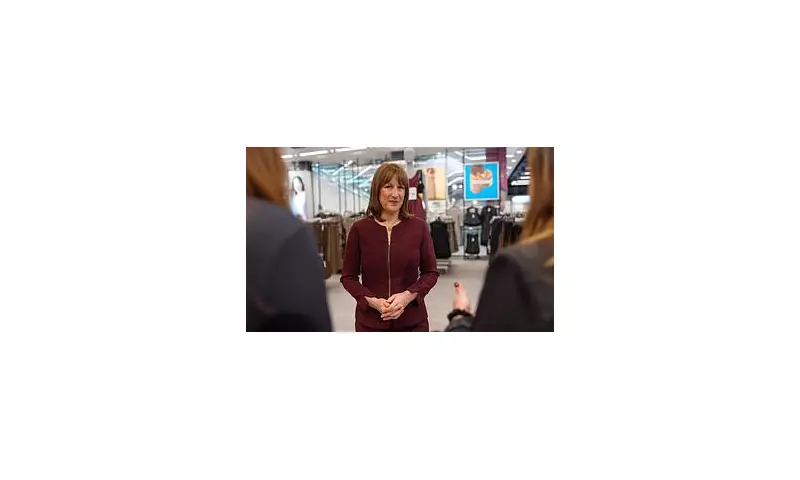
Chancellor's Budget U-Turn Sparks Political Storm
Chancellor Rachel Reeves is facing significant backlash as she prepares to announce a Budget that critics are labelling another tax increase on working people. This comes despite repeated assurances over the past year that she would avoid such measures.
The controversy centres on expectations that Ms Reeves will freeze income tax thresholds when she addresses the House of Commons. This move has been widely criticised as a 'stealth tax' that quietly impacts workers through wage inflation.
The Threshold Freeze Explained
By maintaining the personal tax allowance at £12,570 and keeping the higher rate threshold unchanged, nearly one million more people are expected to pay more tax as their wages increase with inflation. This mechanism generates additional revenue for the Treasury amid forecasts of slowing economic growth.
The situation is particularly sensitive given that both Ms Reeves and the Prime Minister had repeatedly suggested during the past year that working people would be spared further tax increases. This follows the 2024 Budget, which already increased taxes by £40 billion.
Admissions and Expert Analysis
Even the Chancellor's former deputy has acknowledged the reality of the situation. Darren Jones, who previously served as chief secretary to the Treasury and now holds the position of Chief Secretary to the Prime Minister, told Sky News that freezing the personal allowance constituted a tax rise in practical terms.
'If their pay goes above the threshold, then they pay more than when they were below the threshold,' Mr Jones stated, adding that the freeze was 'practically, yes' a tax increase.
Financial experts have echoed this assessment, noting that continuing the threshold freeze represents Labour reneging on previous commitments, including promises made in their 2024 election manifesto that helped them secure power.
Chancellor's Changing Position
Ms Reeves's position has evolved significantly throughout 2024 and 2025. In October 2024, she explicitly stated: 'I have come to the conclusion that extending the threshold freeze would hurt working people. It would take more money out of their payslips.'
She emphasised at the time: 'I am keeping every single promise on tax that I made in our manifesto.' and added 'When it comes to choices on tax, this government chooses to protect working people every single time.'
However, by September 29, 2025, during the Labour Party Conference, Ms Reeves told BBC Radio 4's Today programme that 'everyone can see in the last year that the world has changed, and we're not immune to that change.'
In her conference speech later that day, she reinforced this message, stating the 'world has changed' and she would 'not take risks with Britain's economic stability', adding: 'I will make my choices at that Budget. They will be choices to take our country forward.'
Broader Context and Future Implications
The Chancellor has consistently framed her approach as necessary to address economic challenges. In November 2024, she told the Confederation of British Industry: 'I faced a problem, and I faced into it...we've put our public finances back on a firm footing.'
She had previously assured that 'Public services now need to live within their means because I'm really clear, I'm not coming back with more borrowing or more taxes.'
However, the expected threshold freeze represents a significant shift from these commitments and raises questions about the government's tax strategy moving forward. The controversy highlights the challenging balance between fiscal responsibility and political promises in a changing economic landscape.





